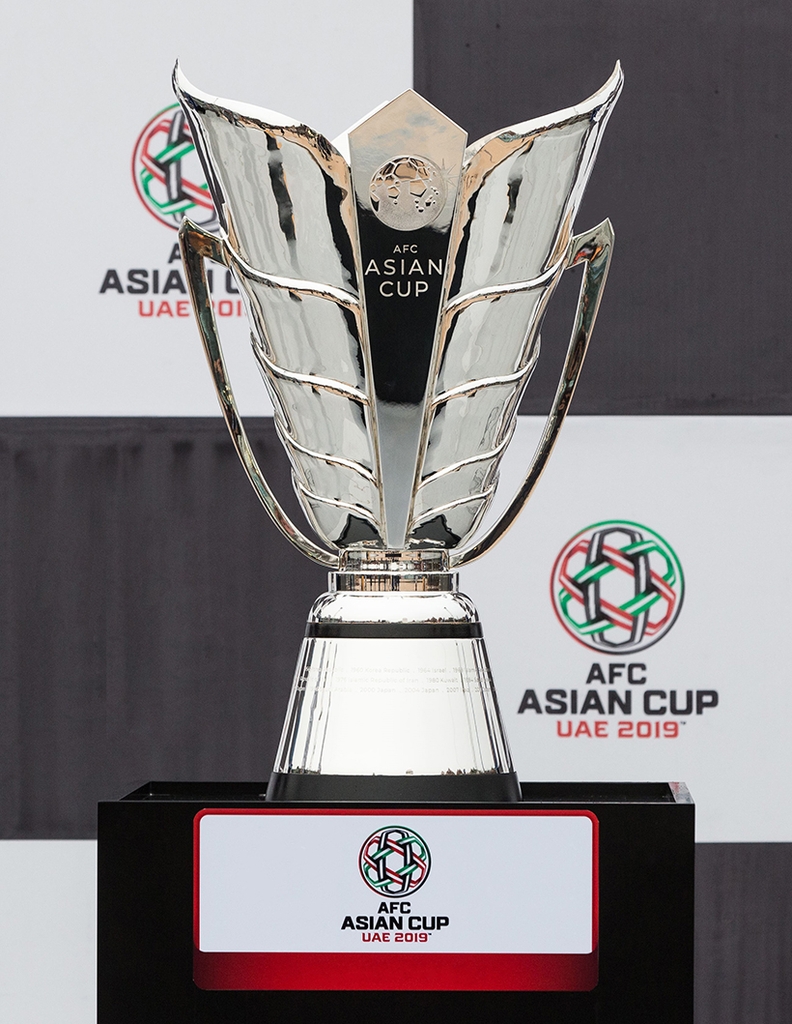- Get link
- X
- Other Apps
The AFC Asian Cup: Celebrating Football Excellence in Asia
The AFC Asian Cup is one of the most prestigious football tournaments in the world, showcasing the talent and passion of Asian football. Organized by the Asian Football Confederation (AFC), the tournament brings together national teams from across the continent to compete for the coveted Asian Cup title. With a rich history dating back to 1956, the AFC Asian Cup has become a platform for thrilling matches, fierce rivalries, and unforgettable moments that have captivated football fans across Asia and beyond. In this article, we explore the AFC Asian Cup, its significance, history, and the indelible impact it has had on Asian football.
History:
The AFC Asian Cup traces its roots back to 1956 when the inaugural tournament took place in Hong Kong. The South Korean national team emerged as the first-ever champions, defeating Israel in the final. Since then, the tournament has grown in scale and importance, becoming a biennial event that captures the imagination of football enthusiasts in Asia.
Significance:
The AFC Asian Cup holds immense significance for Asian nations and football fans. It represents the pinnacle of football excellence in the continent and provides an opportunity for countries to showcase their footballing prowess, national pride, and passion. The tournament serves as a celebration of Asian football, fostering unity and promoting cultural exchange among nations.
Format:
The Asian Cup features 24 teams from across Asia, including traditional powerhouses such as Japan, South Korea, and Iran, as well as emerging nations like Qatar and the United Arab Emirates. The tournament consists of a group stage, followed by knockout rounds leading to the final. Host nations are selected through a bidding process, providing an opportunity to showcase their footballing culture and infrastructure.
Unforgettable Moments:
The AFC Asian Cup has produced numerous unforgettable moments that have become part of footballing folklore in Asia. From Iran's triumph in 1976 to Japan's dominance in recent years, these moments showcase the skill, tenacity, and passion that define Asian football. Each edition of the tournament unveils new heroes and unforgettable matches that captivate fans across the continent.
Rivalries:
The Asian Cup is renowned for its intense rivalries, adding an extra layer of excitement and anticipation to the tournament. Matches between Japan and South Korea, known as the "East Asian Derby," are highly anticipated and draw significant attention from football fans. Other notable rivalries include Iran versus Iraq, Saudi Arabia versus the United Arab Emirates, and Australia versus South Korea, each contributing to the tournament's fierce competition and thrilling encounters.
Host Nations and Legacy:
Hosting the AFC Asian Cup provides an opportunity for Asian nations to showcase their footballing culture, traditions, and infrastructure. The tournament leaves a lasting legacy, as host cities benefit from improved stadiums, transportation, and tourism. It also stimulates local economies, creates jobs, and generates revenue for businesses in the host countries.
Development of Asian Football:
The AFC Asian Cup has played a pivotal role in the development and growth of football in Asia. It has provided a platform for emerging nations to showcase their talent and compete against more established teams. The tournament has also spurred investment in grassroots programs, infrastructure development, and coaching education, contributing to the overall improvement of Asian football.
Cultural Impact:
The Asian Cup celebrates the diversity and cultural richness of Asia. It showcases the unique footballing styles, traditions, and fan cultures that exist across the continent. The tournament serves as a cultural exchange, fostering understanding and appreciation among nations and fans.
- Get link
- X
- Other Apps

Comments
Post a Comment